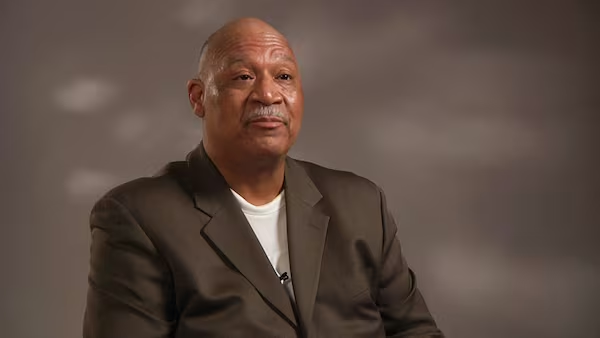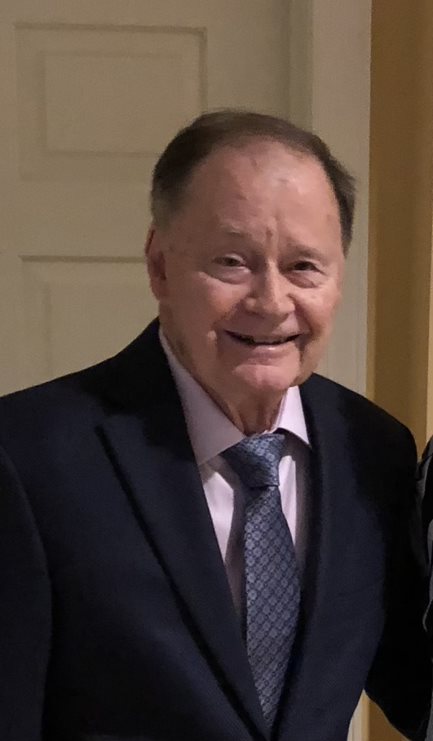Ford C. Greene: Trailblazer & Business Leader
By: Alumni Publications | Categories: Alumni Interest, In Memoriam

“It’s important to look back and see your history,” Greene said that day, “measure yourself and see what progress has been made, and also look at what progress needs to continue to be made and move forward.”
In the wake of Greene’s death, Georgia Tech President Ángel Cabrera said, “We have lost a true Georgia Tech hero. Because of Ford Greene and the other trailblazers who integrated Georgia Tech in the ’60s, thousands of people of all backgrounds have been able to learn, grow, and contribute to our mission of Progress and Service.”
Rafael L. Bras, provost and executive vice president for Academic Affairs and the K. Harrison Brown Family Chair, said, “The fortitude of Ford Greene and his classmates so many years ago changed Georgia Tech forever. Those first steps onto this campus took a bravery like most of us will never have to know. We honor his memory and mourn his loss. He is a part of our history, and we pledge that his story of courage will never be forgotten.”
Greene studied chemical engineering at Georgia Tech after graduating from Henry McNeal Turner High School in Atlanta. He completed a bachelor’s degree in mathematics and computer science at Morgan State University, working for years at IBM and eventually co-founding several telecommunications companies. He was a well-respected leader in the wireless communication industry, testifying before Congress and the Federal Communications Commission and contributing to the federal Telecommunications Act of 1996.
By virtue of an alphabetical seating chart, Francis S. “Bo” Godbold, IE 65, sat in front of Greene in some classes in 1961. Decades later, Godbold and his wife, Betsy, provided the gift to Georgia Tech that made the sculptures of Greene, Long, Williams, and Yancey possible.
“This is a great loss for Georgia Tech and for Betsy and me personally,” Godbold said. “Unfortunately, it took me nearly 50 years to understand better the adversity Ford Greene faced at Tech—to have those deep conversations about breaking down racial barriers and his finding the strength to persevere through difficult times. We will never forget his place in Georgia Tech’s history.”
At a discussion before the sculpture dedication in September, Greene recalled being the only black student in the band. After a visit to the University of Georgia for a competition, the band’s bus stopped at a restaurant.
“They wouldn’t take my order,” Greene said. “I was told to go to a little window outside to be served ‘because we can’t serve you here.’”
When he heard Greene wouldn’t be served, the band director ordered everyone back on the bus. “It made me feel like I had a bunch of brothers who really cared about me. That was the first time I felt like I belonged in the group.”


